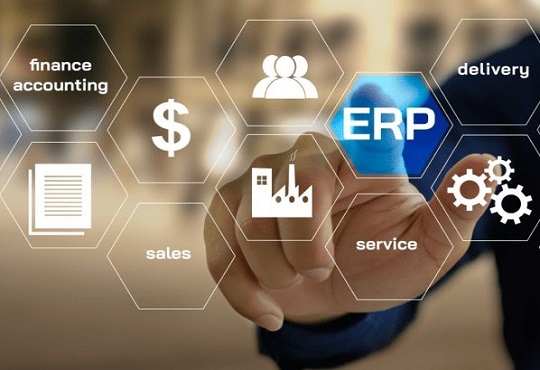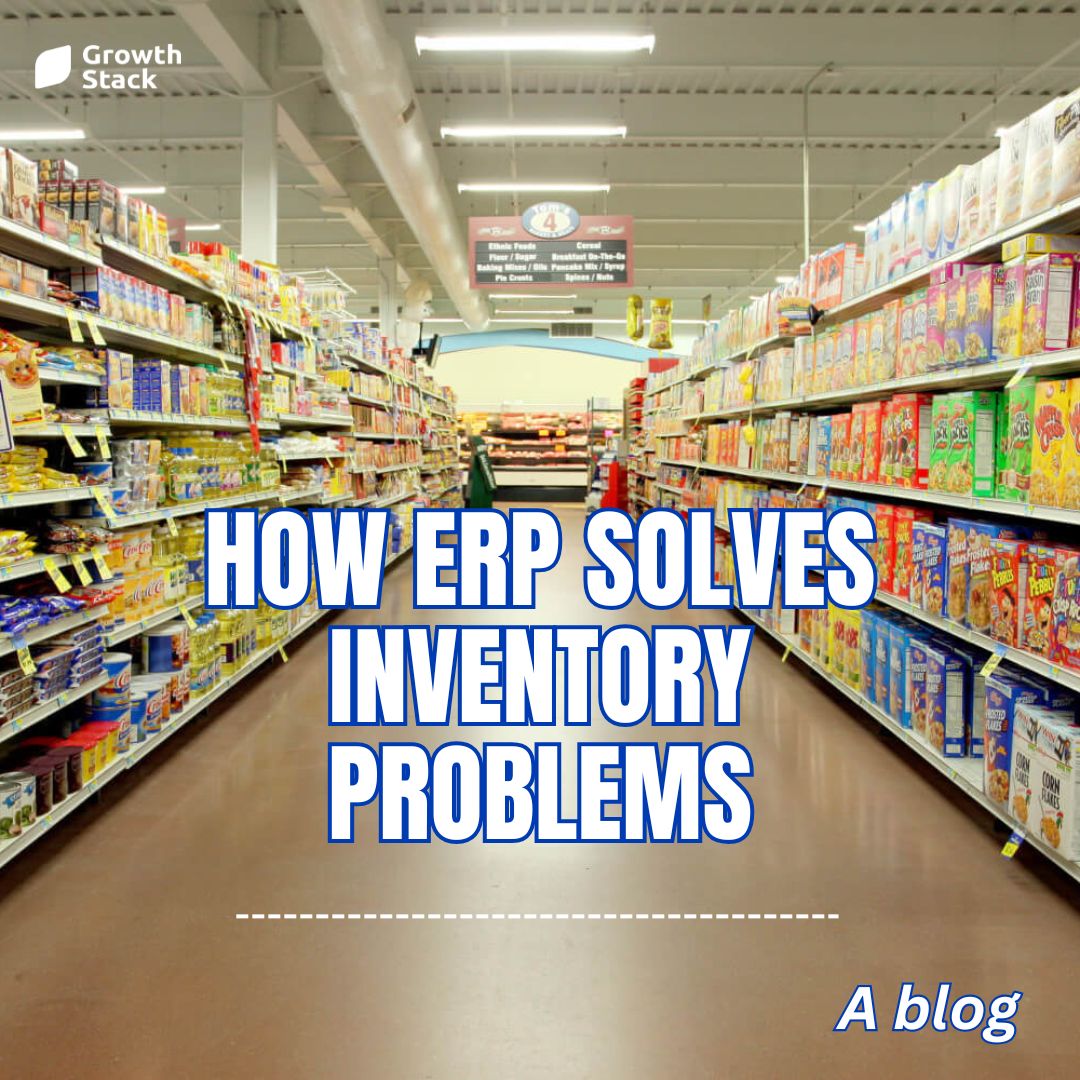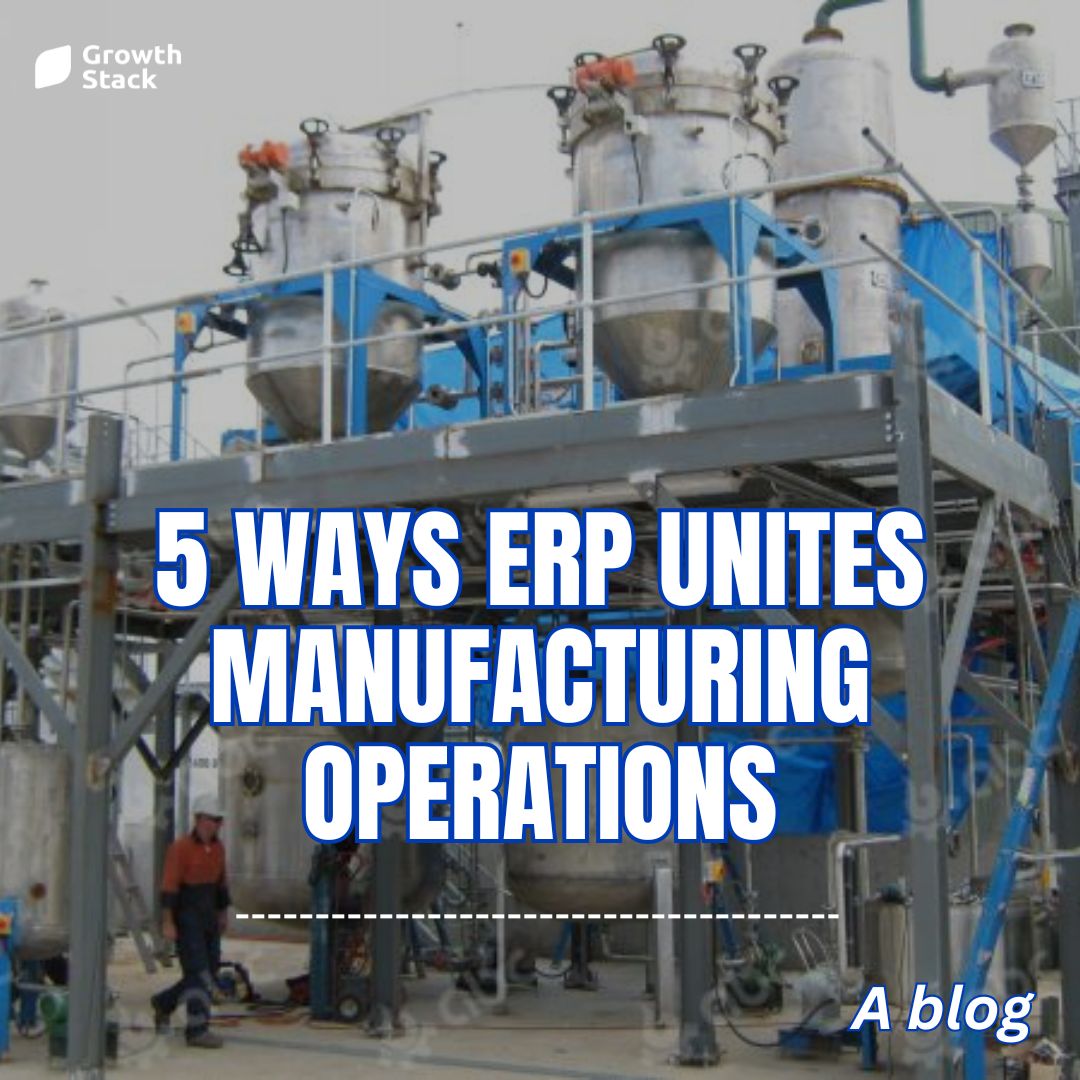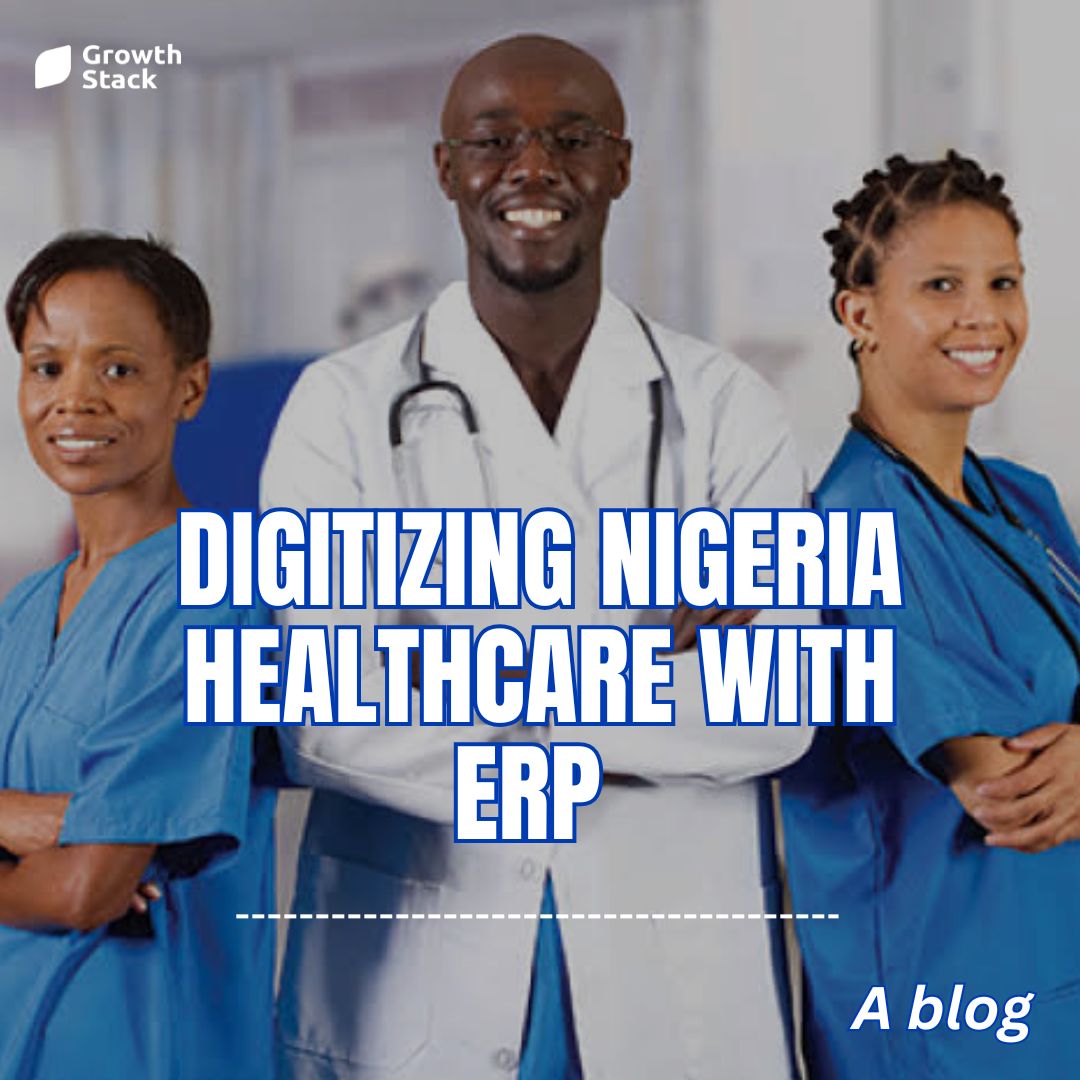In an era where digital transformation is not just an option but a necessity, Enterprise Resource Planning (ERP) systems have emerged as the linchpin for businesses seeking to navigate the complexities of the digital age. From small startups to multinational corporations, organizations across industries are harnessing the power of ERP to streamline operations, enhance decision-making, and drive sustainable growth in an increasingly competitive marketplace.

At its core, ERP represents more than just a suite of software applications; it embodies a holistic approach to business management that integrates key functions such as finance, human resources, supply chain, and customer relationship management into a unified platform. By centralizing data, automating processes, and providing real-time insights, ERP empowers organizations to optimize efficiency, reduce costs, and adapt to changing market dynamics with agility and precision.
One of the most transformative aspects of ERP lies in its ability to break down silos and foster collaboration across departments. In traditional business environments, disparate systems and manual processes often result in inefficiencies, data inconsistencies, and missed opportunities for innovation. ERP eliminates these barriers by creating a single source of truth that enables seamless communication and data flow across the organization. Whether it’s sharing sales forecasts with production teams or aligning inventory levels with customer demand, ERP enables cross-functional teams to work together towards common goals, driving operational excellence and customer satisfaction.
Moreover, ERP systems are evolving beyond their traditional roles as back-office tools to become strategic enablers of digital innovation and competitive differentiation. With the advent of cloud computing, mobile technologies, and advanced analytics, modern ERP solutions are equipped to address the evolving needs of businesses in a rapidly changing digital landscape. From predictive analytics that forecast demand patterns to AI-driven insights that optimize inventory management, ERP empowers organizations to make data-driven decisions and stay ahead of the curve in an era of unprecedented disruption.

Picture of ERP modules
However, the journey towards ERP implementation is not without its challenges. From selecting the right vendor and customizing the solution to training employees and managing change, organizations must navigate a myriad of complexities to realize the full potential of ERP. Successful ERP implementation requires a strategic mindset, strong leadership, and a commitment to continuous improvement. It is not merely a technology project but a transformative journey that requires alignment with business objectives, stakeholder engagement, and a culture of innovation and adaptability.
Conclusion
As we look towards the future, the role of ERP in driving business transformation will only continue to grow. From enhancing supply chain resilience in the face of global disruptions to enabling personalized customer experiences in a digital-first world, ERP remains at the forefront of shaping the future of business. By embracing ERP as a catalyst for change, organizations can unlock new opportunities, drive operational excellence, and thrive in the digital age. The power of ERP lies not just in its capabilities as a software solution but in its ability to empower organizations to realize their full potential and chart a course towards sustainable success in an ever-evolving business landscape.











